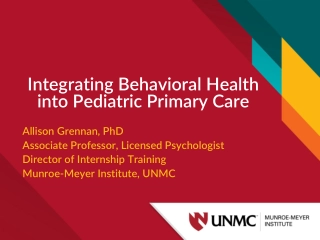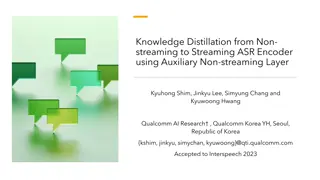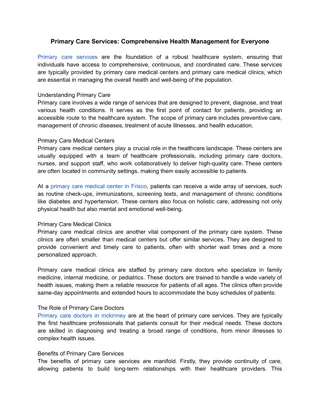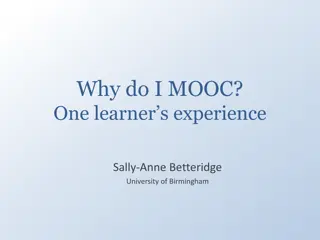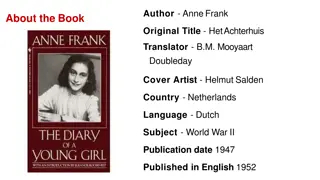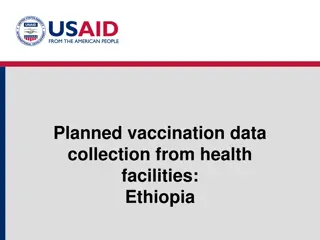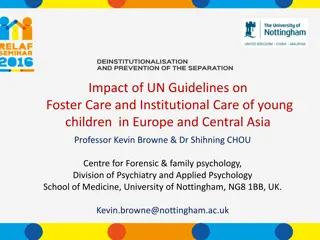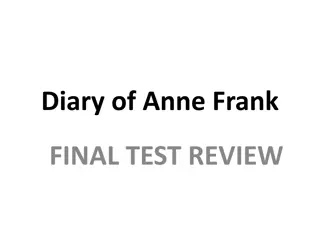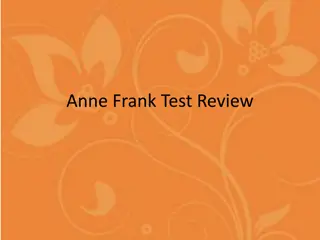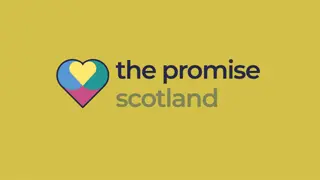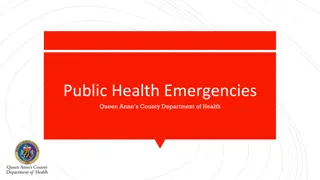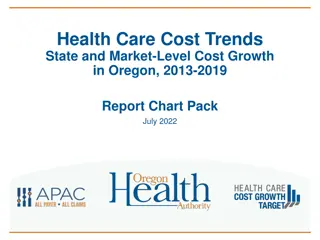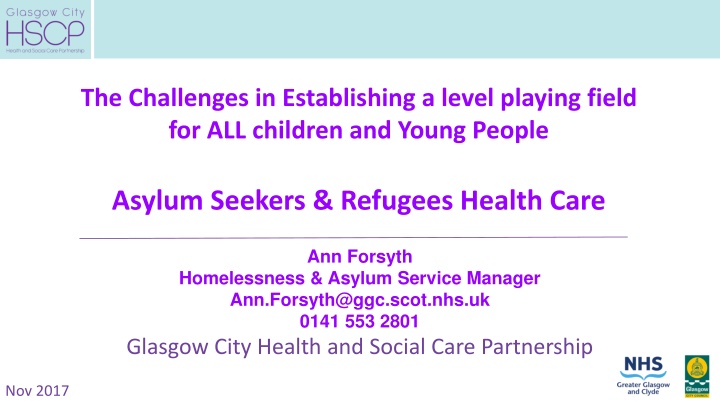
Challenges in Establishing a Level Playing Field for Children and Young People Seeking Asylum and Refugees
Learn about the challenges faced in providing health care services to children, young people, asylum seekers, and refugees. Understand the current situation, rights, and entitlements of refugees, and how organizations like NHS Scotland are responding.
Download Presentation

Please find below an Image/Link to download the presentation.
The content on the website is provided AS IS for your information and personal use only. It may not be sold, licensed, or shared on other websites without obtaining consent from the author. If you encounter any issues during the download, it is possible that the publisher has removed the file from their server.
You are allowed to download the files provided on this website for personal or commercial use, subject to the condition that they are used lawfully. All files are the property of their respective owners.
The content on the website is provided AS IS for your information and personal use only. It may not be sold, licensed, or shared on other websites without obtaining consent from the author.
E N D
Presentation Transcript
The Challenges in Establishing a level playing field for ALL children and Young People Asylum Seekers & Refugees Health Care Ann Forsyth Homelessness & Asylum Service Manager Ann.Forsyth@ggc.scot.nhs.uk 0141 553 2801 Glasgow City Health and Social Care Partnership Nov 2017
Aim Increase understanding of NHS Scotland response to meeting the needs of Asylum Seekers and Refugee s. Provide and overview of how NHSGGC and Glasgow City HSCP have responded to meeting the challenges of meeting the needs of Children and Young People Seeking Asylum and those who are refugee s . For you to reflect on current practice and experiences of responding or supporting Children and Young People Seeking Asylum and those who are refugee s to access health care.
Context / Current Situation World Context 2015 (UNHCR) 65.6m displaced (40.3m internally) 28,300 per day on average leaving their home (20 per min) Over half under 18 years of age 75,000 Unaccompanied or separated Children 85% Displaced in developing countries 55% from 3 countries Syria, Afghanistan & South Sudan UK Mid 2016 (Home Office) 36,465 Asylum applications around one dependant for every five main applicants. 38% receive leave to remain 3,472 Unaccompanied Asylum Seeking Children (UASC) Year Children 2013/14 2014/15 2015/16 2016/17 2017 /18 (April -Aug) 167 131 91 36 119 Top countries of origin Iran, Iraq, Sudan, Eritrea, Syria
Asylum Seekers & Refugees? Ordinary people in extraordinary circumstances who can be isolated and vulnerable group of people but are resilient, skilled and resourceful Our Challenge Recognising our response to the enormity of world event, suffering and impact of human behaviour on other human beings Providing safety as they escape persecution, physical and psychological trauma while remain in Asylum system Providing culturally sensitive health care across the whole system to reduce impact of social exclusion, discrimination and ultimately poor health Challenging as group as hard to predict trends, routing and demographic Increased numbers in recent years, 4,000 people dispersal throughout city, positive decisions leading to increase in homelessness demand for AS&R
Rights & Entitlement of Refugee What rights does a refugee have? A refugee has the right to safe asylum and should receive the same rights and help as anybody else who is a legal resident. Refugees have basic human and civil rights including the freedom of thought, of movement and freedom from torture and degrading treatment. Economic and social rights apply to refugees as they would apply to any other individuals. Health service will meet needs regardless of decision until person leaves the UK. In Scotland all Asylum seekers & refugees regardless of stage in process have full rights and entitlement to NHS Health care regardless of status EVERY REFUGEE SHOULD HAVE ACCESS TO HEALTH CARE.
NHSGGC Aims Ensure everyone how uses or works for NHS treated fairly All services responsible for meeting needs of marginalised groups to tackle inequalities. To ensure NHSGGC meet needs of asylum seekers and refugees in the local community and work in away to remove discrimination or prejudice response of marginalised groups. Ensure marginalised groups are able to engage by: More accessible and user friendly, with staff aware of issues. Open & honest as are with all service users Staff should not make assumptions Health response needs to be tailored to the individuals needs. Some people will require specialist services while most need equitable access to mainstream.
NHSGGC Response Asylum Health Bridging Team Initial Health Assessment and signposting Access to GP registration for all Children in IA and to adults on dispersal across the NHSGGC area which is co-ordinated from central point. Health Improvement activity targeted through joint initiatives. Development of information interpreting, translated information. Capacity building within NHS services - training Inequality Sensitive Practice - inquiry
AHBT Service Model To ensure all new arrivals seeking asylum have an initial health assessment in the Initial Accommodation (IA). Team Structure = 10.5 wte 0.5 Team Leader 2 Mental Health Nurse (CPN) 4 General Health Nurse 2 Support Workers 2 Admin support Health Visitor supports families work within the Team To ensure appropriate follow up primary care with a GP Practice if required while staying in IA. To provide mental health, maternity and sexual health assessments when required and refer, as appropriate, to other services. To act as a bridging service to other mainstream services. Visiting Services Midwife from maternity services Sexual Health To support and monitor GP engagement for those moving through IA into mainstream dispersed accommodation. To provide information and advice on understanding and accessing appropriate health services.
Health Issues & Challenges Growing demand and change in geographical spread Introduction into NHS GP registration & Repeat message Consultation Times new ways working i.e. interpreting Use Health care distress, listening need for networks Understanding community signposting to local support Peer education Pilot embedded in integration Health behaviours - western
GOOD PRACTICE Understand rights and entitlements services aware of needs and therefore can better meet needs. Explain the basics such as the appointment system, waiting lists, the complaints procedure and referrals to other agencies. Wherever possible use a trained interpreter. TRY NOT TO USE FAMILY AS INTEPRETERS. Respect and consider cultural issues between individuals. Ensure that wherever possible patients are seen by the professionals of the same gender. Strengthen networks with other Refugee support agencies and LA support providers. Identify vulnerable populations sub groups e.g. children, women Remember different cultures often have different attitudes towards health, illness and medical treatments. DON T ASSUME THAT WHAT YOU DO IS BEST. ALWAYS ASK!
Thank you Ann.Forsyth@ggc.scot.nhs.uk

